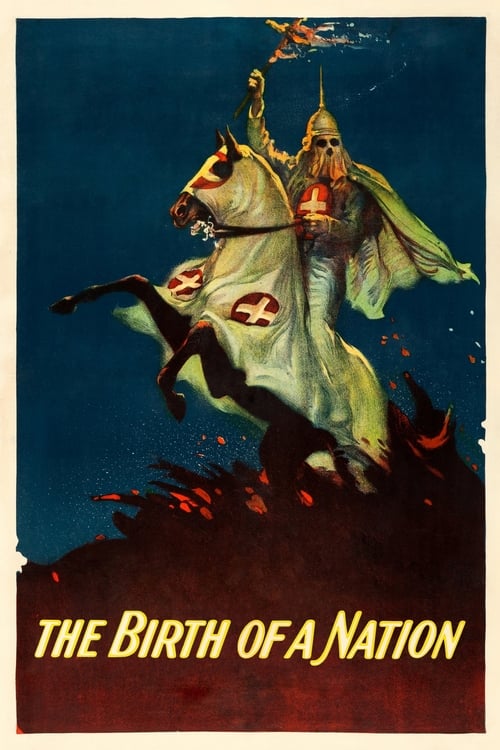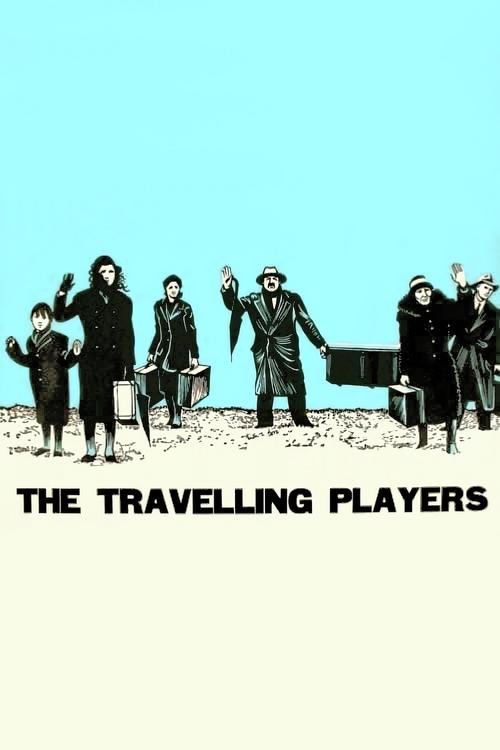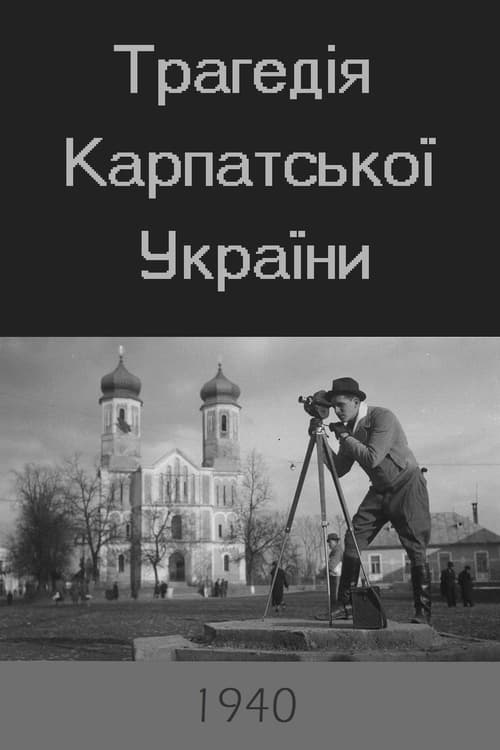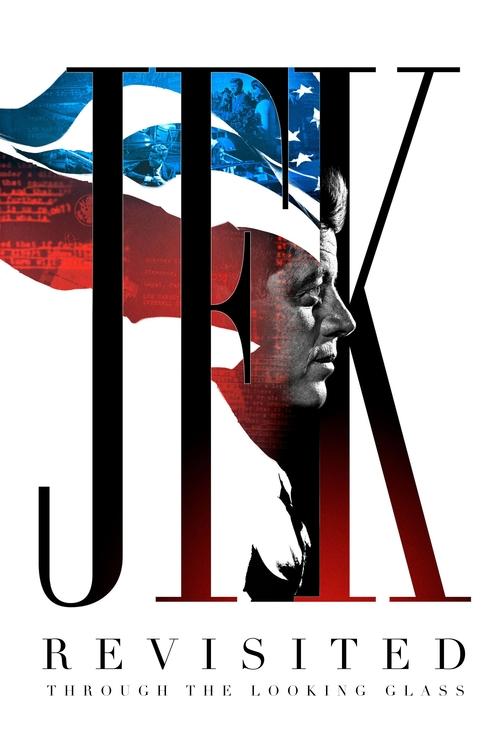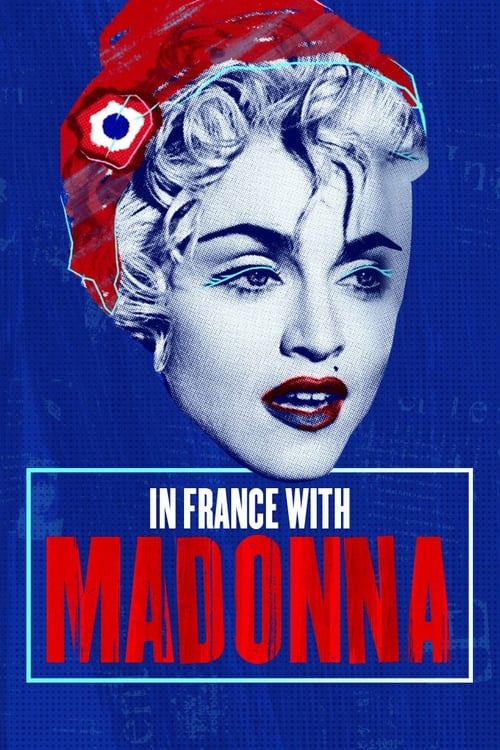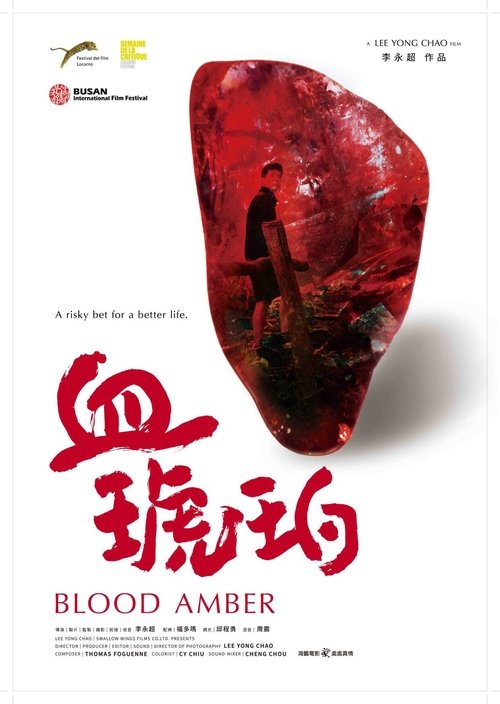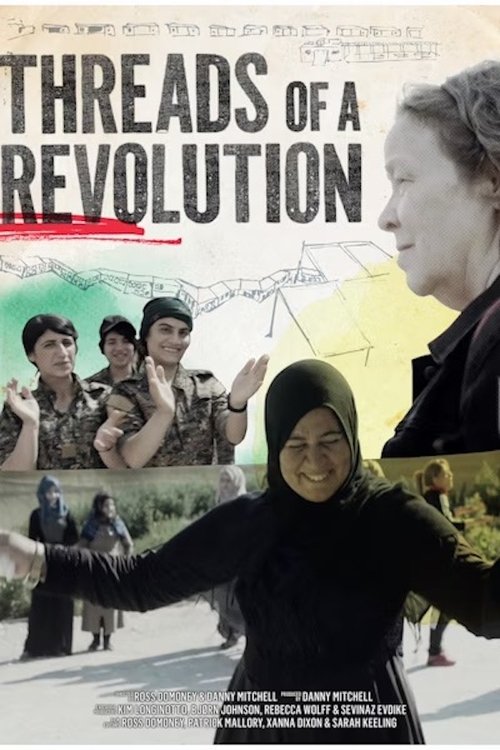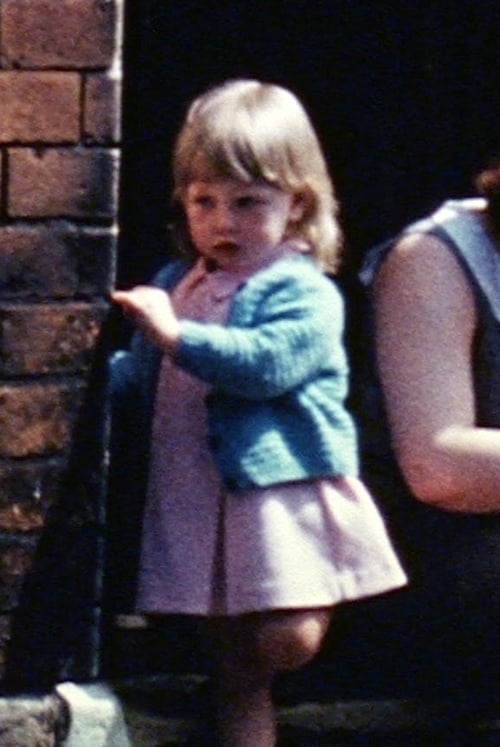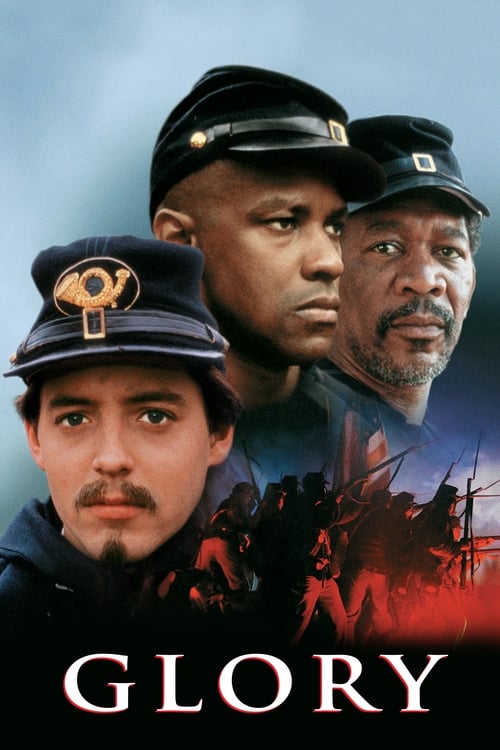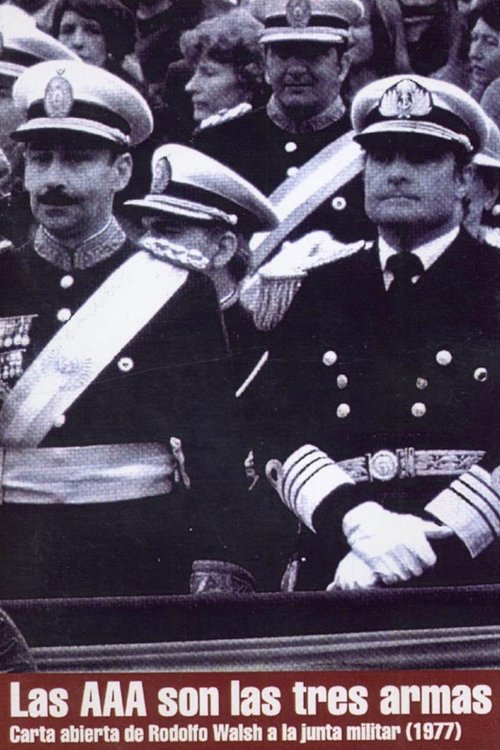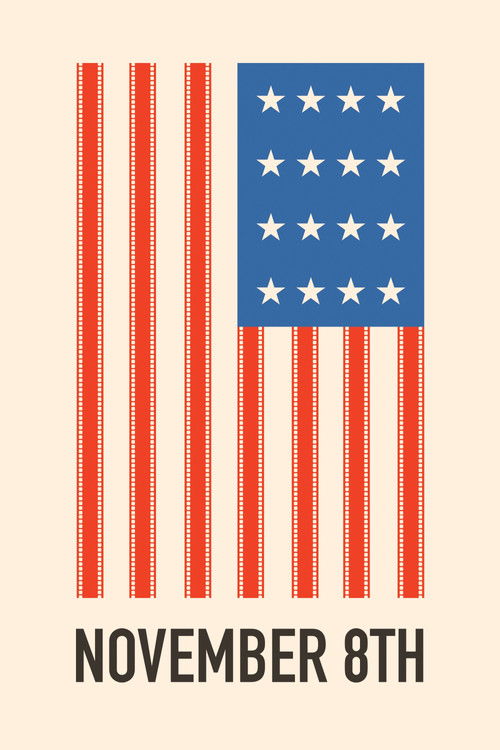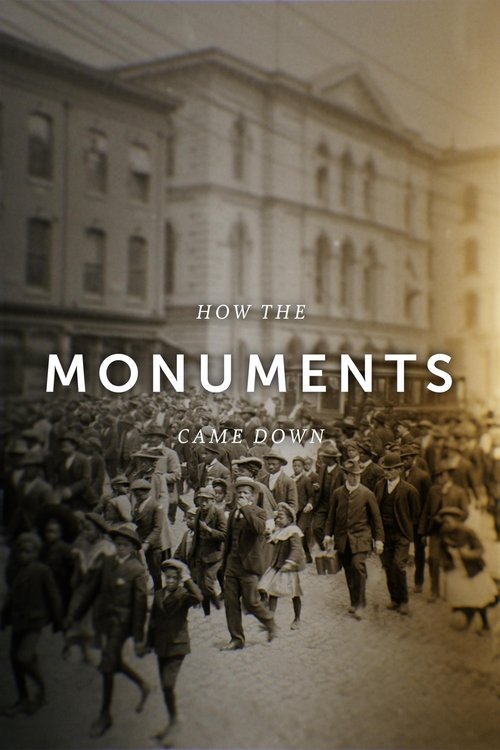November 8th In the hours leading up to Donald Trump’s unexpected victory on Election Day 2016, a cross-section of Americans go about their radically different lives: in Washington DC, Hillary Clinton’s Director of Video giddily anticipates a clean victory; in Massachusetts, a married couple who own a small business spar over how quickly Trump would be able to make America great again; in Utah, a Mormon mother canvases for a third party candidate; in West Virginia, a coal miner worries that the election could lead to the loss of his industry; in San Jose, a Mexican American “Dreamer” worries that the election could lead to deportation; in Alabama, a recently exonerated death row inmate celebrates his first time voting in over 30 years; and in Philadelphia, NPR’s Dave Davies follows the news of the day as it unfolds. As the country braces itself for a surprising turn of events, what emerges is a portrait of American democracy in all its chaotic glory.
⭐ 0.0 🤍


